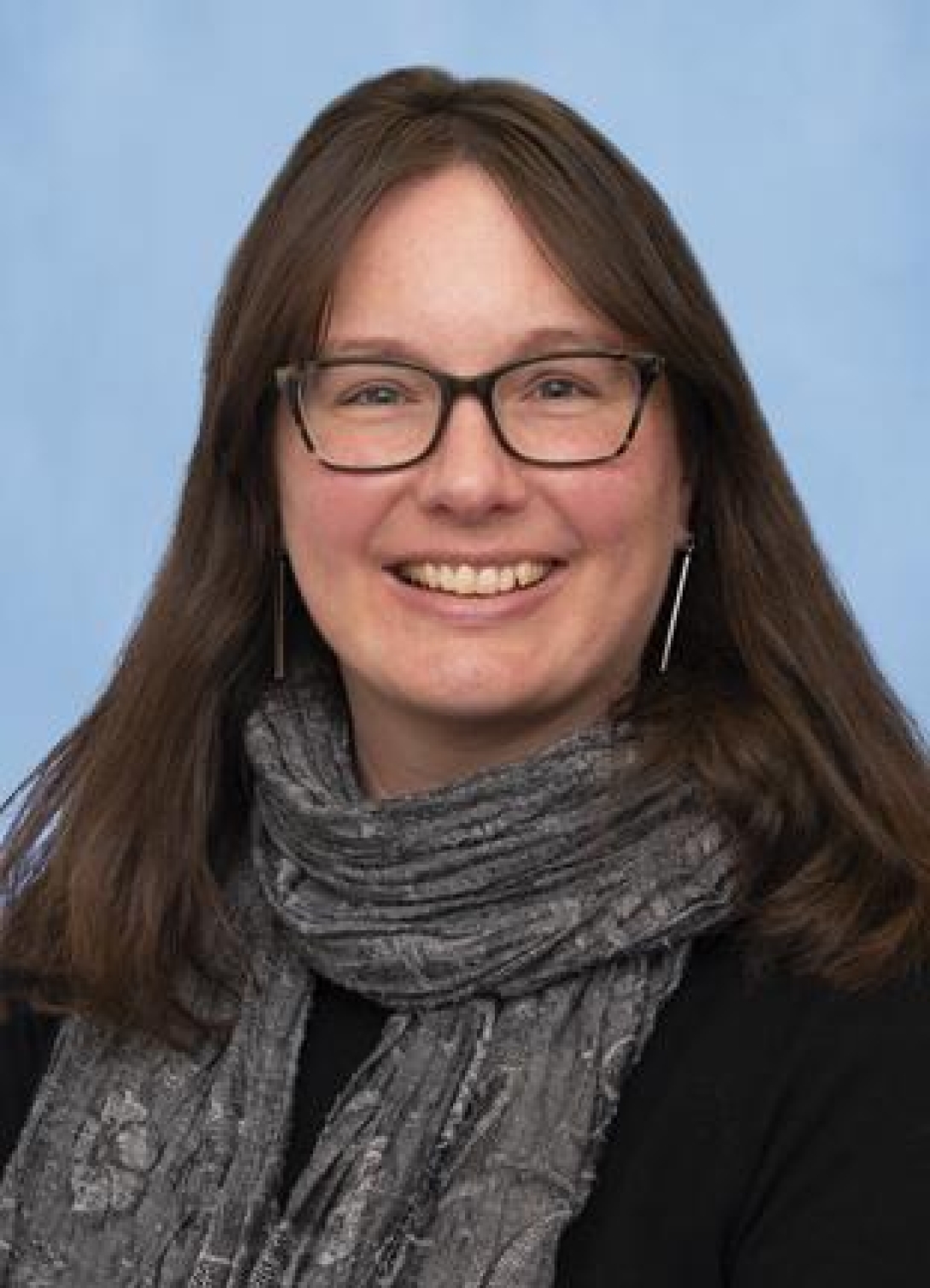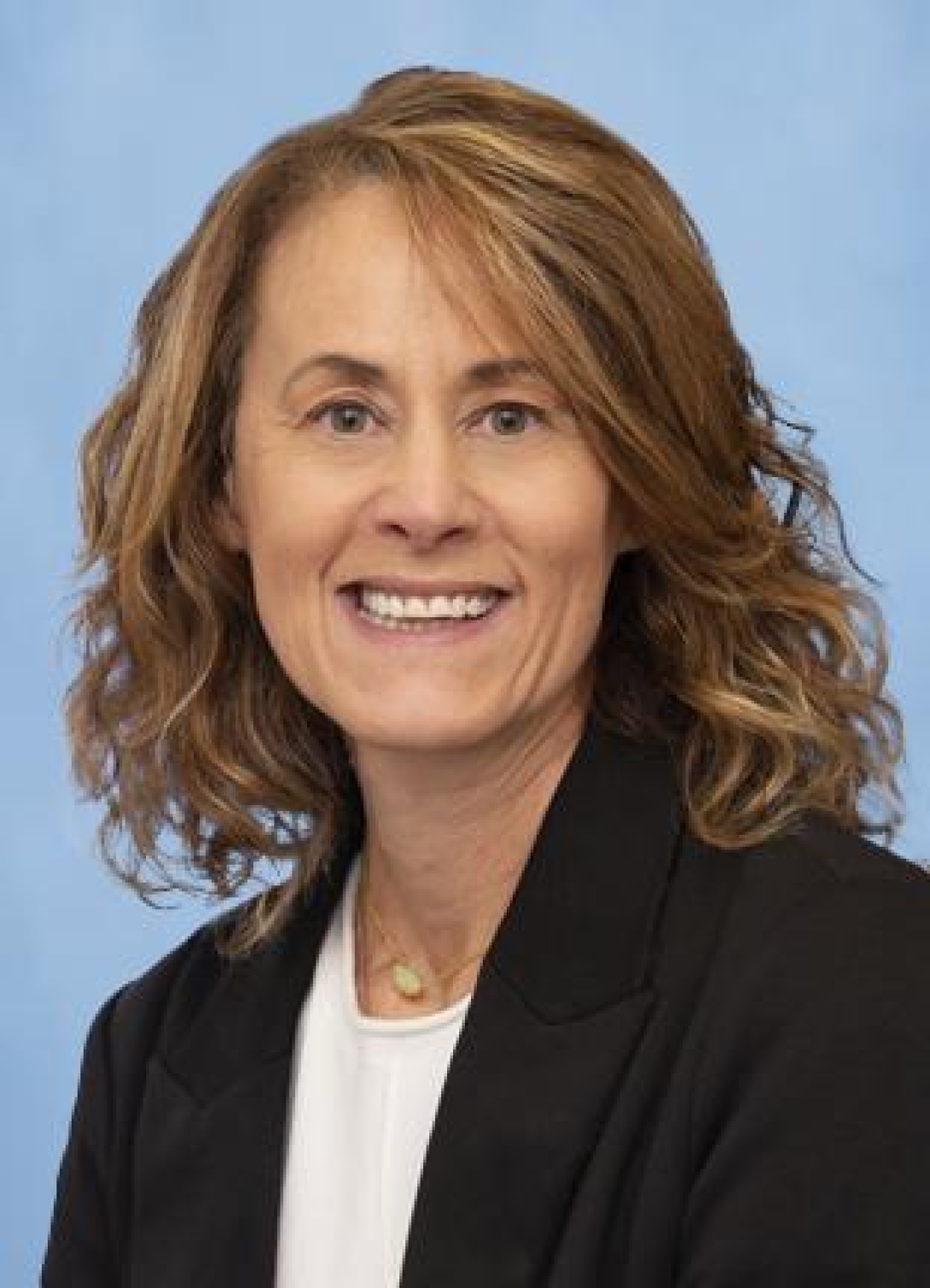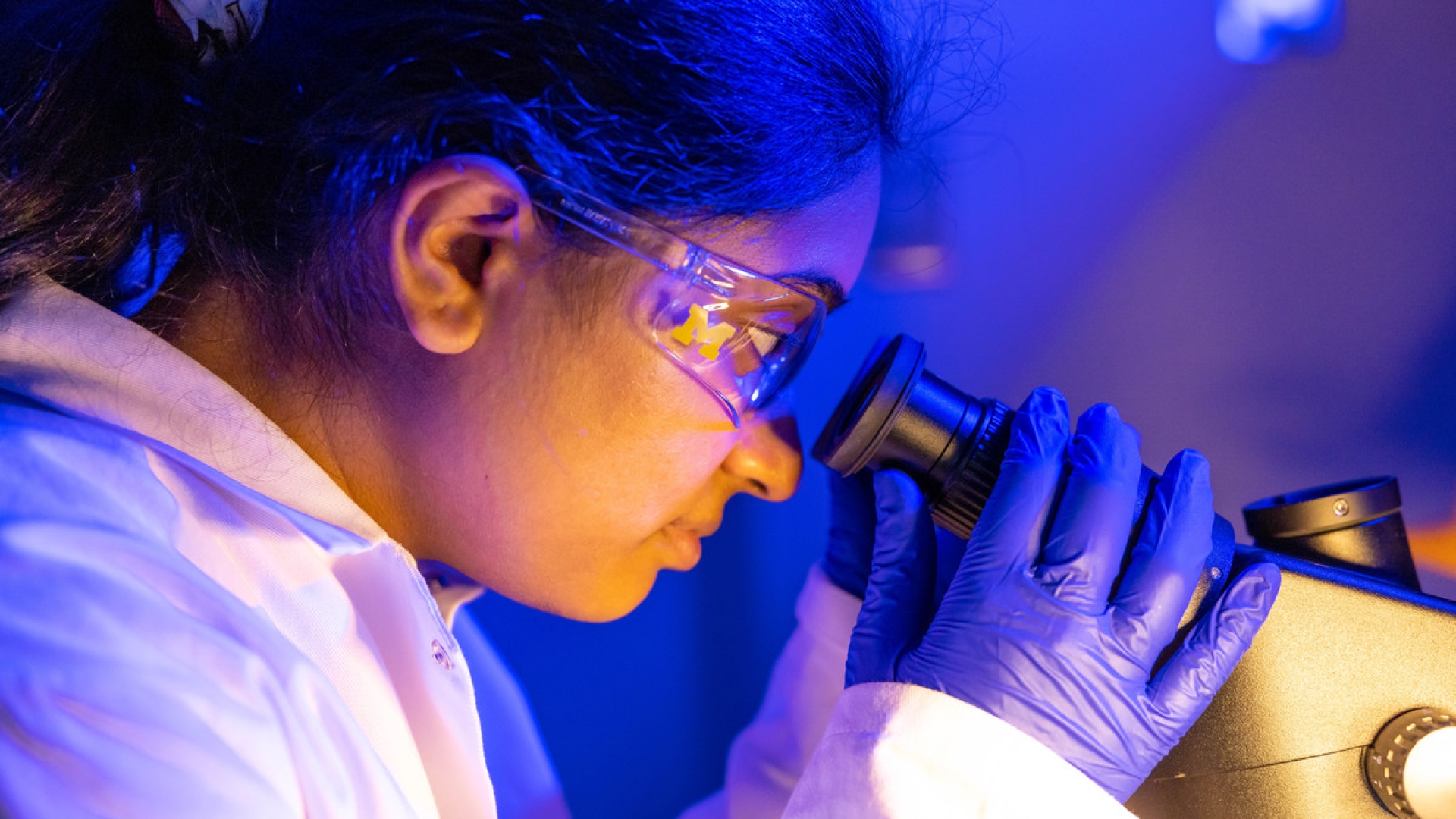
When researchers rub elbows, new scientific collaborations begin, peer mentorship relationships develop, and investigators more easily find their way around potential stumbling blocks. We’re here to facilitate that collaboration, support those relationships, and remove those barriers.
We aim to do the following:
- Make creative connections
- Create community around a shared passion for science
- Provide new opportunities for mentorship and peer mentorship
- Provide structured professional development
- Increase efficiency by sharing resources and centralizing knowledge
- Promote wellness
- Increase productivity, retention, recruitment
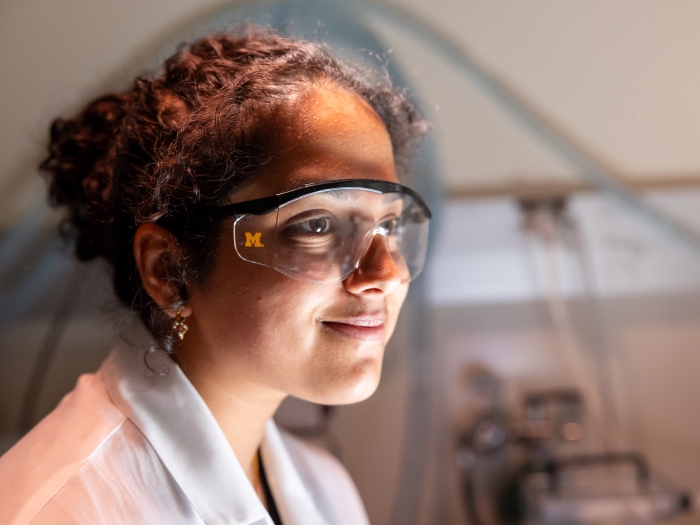
Our goal is to bring together basic science investigators, regardless of specialty, to share resources and expertise, further driving research at Michigan Medicine.
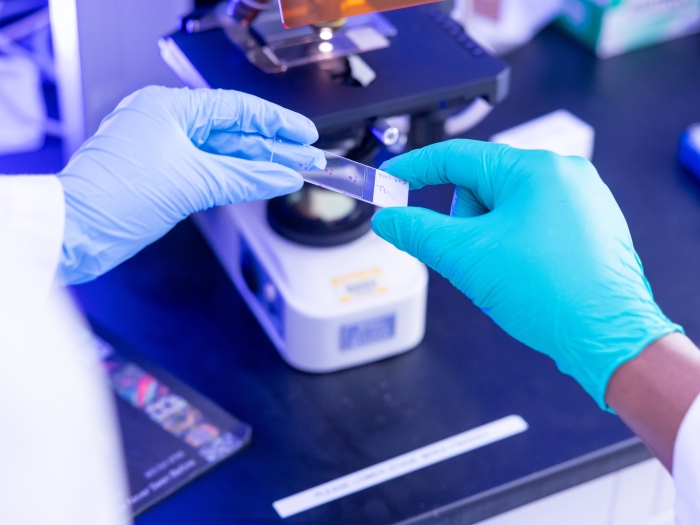
Allowing residents in senior clinical training to see their academic work through to fruition, to make progress on research with high potential, and to act in an increasingly autonomous role as junior investigators.
The investigators involved in CBATS are basic and translational scientists, broadly within the Department of Surgery, but our group is open to all departments and specialties.
The group’s research is focused on all aspects of human disease and how to apply discoveries to those diseases. A wide spectrum of scientific areas is represented: inflammation and sepsis, wound healing, device development, cancer research, obesity research, bone biology.
Though the work being conducted varies widely, investigators often encounter similar challenges: running a lab efficiently, deciding which grant to pursue, when to publish. Our support structure can help investigators navigate these processes and decisions through:
- Grant workshops and social events to promote collaboration and learning.
- Mentoring consultation and resources for junior faculty and trainees. The CBATS mentoring program is designed to connect members to the mentors and resources they need to successfully navigate the lab, learn new lab techniques, prepare grant applications and promotions packages, meet the requirements of their programs and departments, and find answers to compliance questions.
- Editing and writing support for grant applications, manuscripts, letters of support, and more. Along with assistance on individual projects, our editor will also share materials throughout the year on the basics of funding, manuscript writing, and grant preparation.
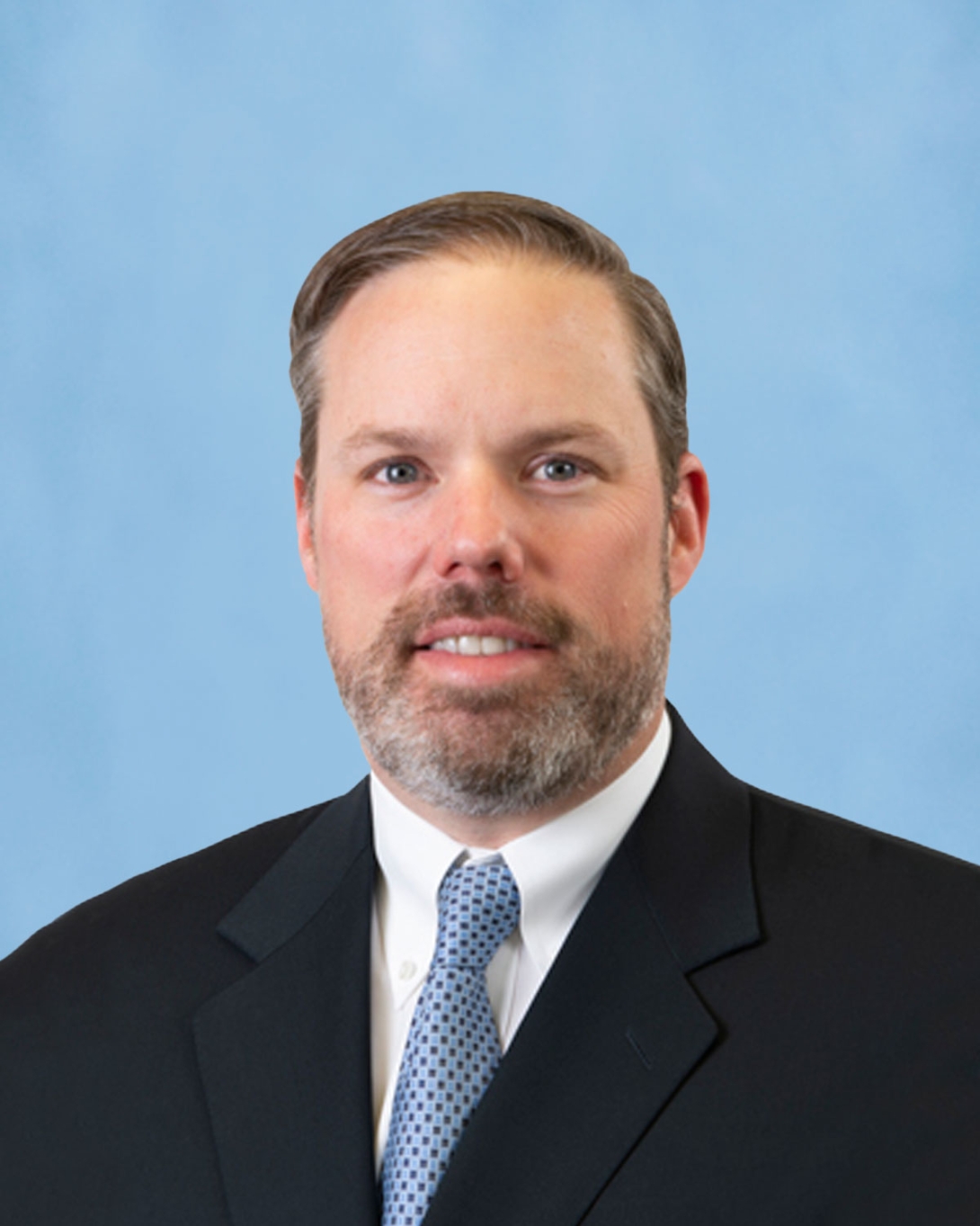
Associate Professor of Surgery and Co-Director of Pancreas Cancer Initiatives
Rogel Cancer Center
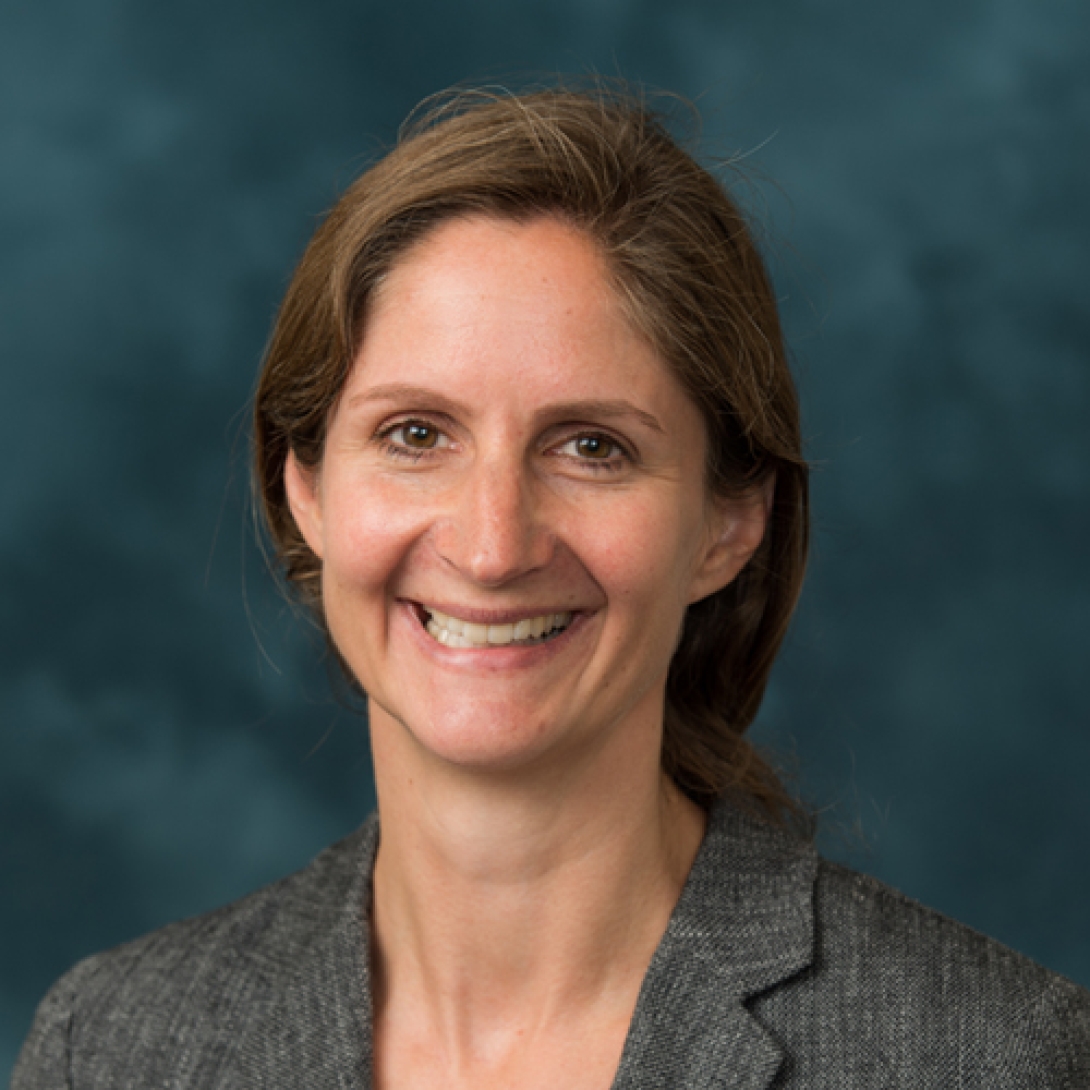
Research Associate Professor, Surgery
